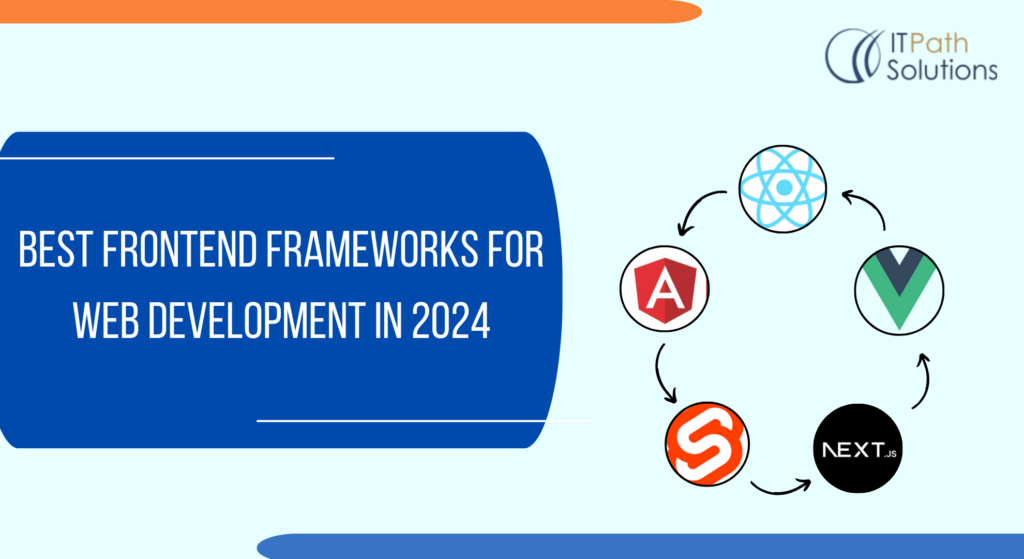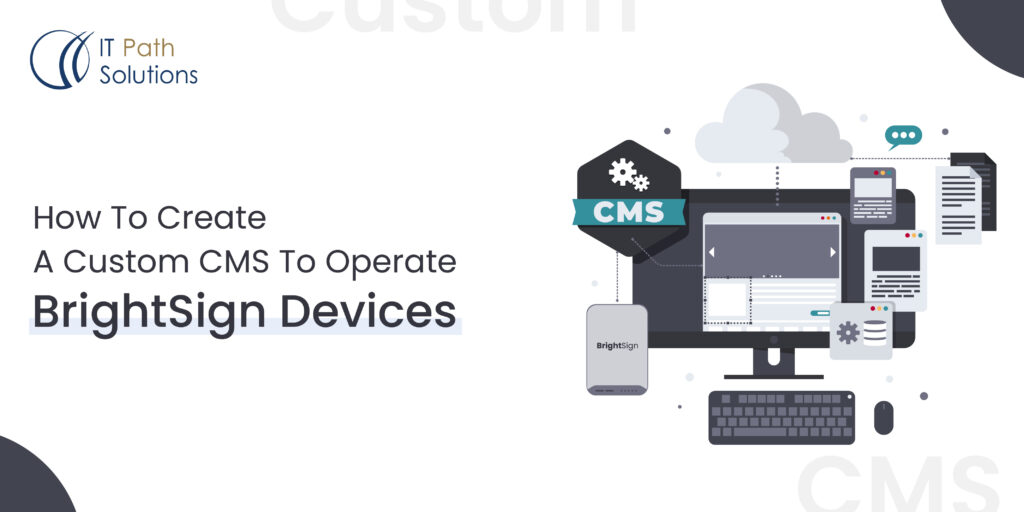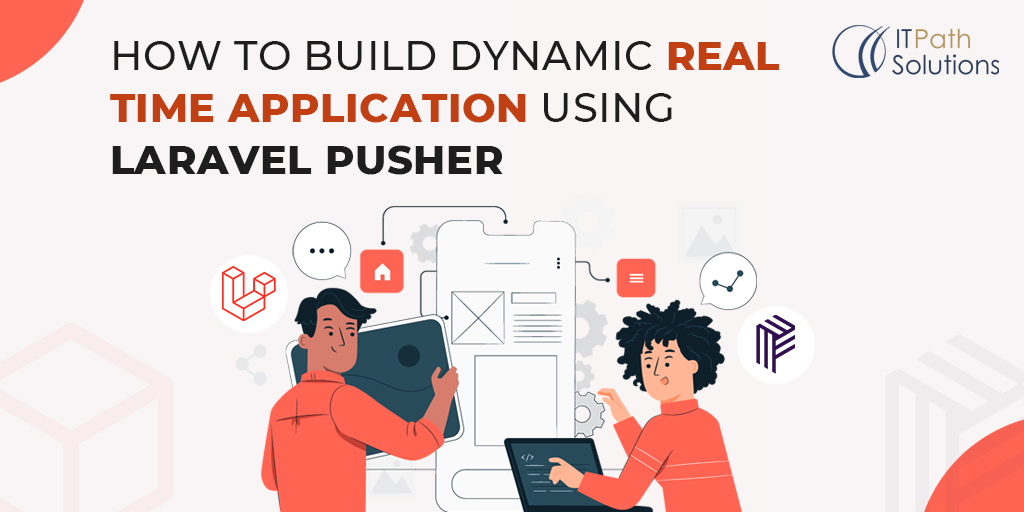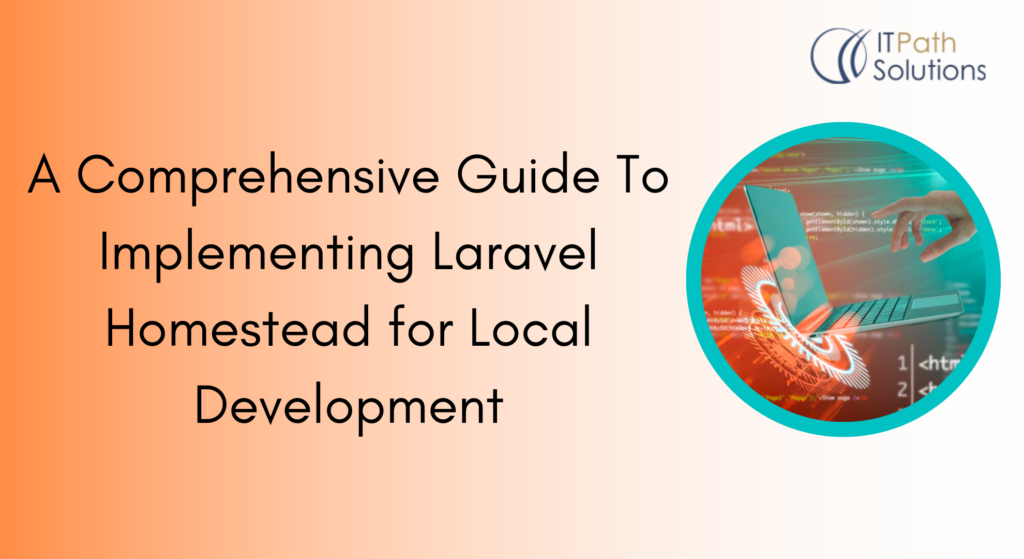Customizing Your WordPress Site in 2023
Web Development
WordPress Website Builders 2023
WordPress is a powerful and versatile platform that allows you to create stunning websites with ease. With its wide range of customization options, you can make your website look and function exactly the way you want it to. In this blog post, we’ll take you through some of the best ways to customize your WordPress website builders and make it stand out from the crowd.
Customizing your WordPress site is an essential step to make your website look unique and stand out from the rest. The first step in customization is to choose a suitable theme that matches your website’s niche and personality. You can then customize the theme by changing the fonts, colors, and layouts using the built-in customization options or by adding custom code to your site. Installing plugins can also add extra functionality to your website. Customizing your WordPress site also includes creating custom menus, adding widgets, and designing landing pages. Finally, it’s crucial to ensure that your website is mobile-friendly and optimized for search engines. By customizing your WordPress site, you can create a website that reflects your brand and engages your audience.
Customizing Your WordPress Site in 2023
Choose the Right Theme
Your WordPress theme is the foundation of your website’s design. It determines the overall look and feel of your site, as well as its functionality. There are thousands of free and premium themes available on WordPress, so it’s important to choose the one that best suits your needs.
When choosing a theme, consider your website’s purpose and your target audience. If you’re building a blog, for example, you might want a theme that focuses on readability and ease of use. If you’re building an e-commerce site, you’ll want a theme that’s optimized for sales and conversion.
Once you’ve chosen a theme, you can customize it further by changing the colors, fonts, and layout. Most themes come with customization options built in, and there are also a range of plugins available that can help you customize your theme even further.
Use Custom Menus
WordPress allows you to create custom menus that make it easy for your visitors to navigate your site. To create a custom menu, go to Appearance > Menus in your WordPress dashboard. From there, you can add pages, posts, categories, and even custom links to your menu.
Custom menus are a great way to organize your content and make it easy for visitors to find what they’re looking for. You can also customize the appearance of your menu by changing the font, color, and layout.
Customize Your Widgets
Widgets are small blocks of content that can be added to your site’s sidebar, footer, or other widget areas. They can be used to display a range of content, including social media feeds, recent posts, and popular categories.
To customize your widgets, go to Appearance > Widgets in your WordPress dashboard. From there, you can add, remove, and rearrange your widgets as needed. You can also customize the appearance of your widgets by changing the font, color, and layout.
Use Plugins
Plugins are small pieces of software that can be added to your WordPress site to add extra functionality. There are thousands of free and premium plugins available on WordPress, so it’s important to choose the ones that best suit your needs.
Some popular plugins for customizing your WordPress site include:
- Jetpack: A comprehensive plugin that includes a range of features, including site stats, social sharing, and contact forms.
- Yoast SEO: A powerful SEO plugin that helps you optimize your site for search engines.
- WPForms: A user-friendly form builder that allows you to create custom forms for your site.
Plugins can be installed from your WordPress dashboard by going to Plugins > Add New. From there, you can search for and install the plugins you need.
Customize Your Page Templates
WordPress comes with a range of page templates that can be used to display different types of content. These include templates for blog posts, static pages, and custom post types.
To customize your page templates, go to Pages > Add New in your WordPress dashboard. From there, you can choose a template for your page from the “Page Attributes” section on the right-hand side of the screen.
Customizing your page templates allows you to create unique layouts for your content and make your site stand out from the crowd.
Custom Themes
Custom themes are an excellent way to give your WordPress site a unique look and feel. There are thousands of free and premium WordPress themes available that you can use to customize your site’s appearance. When choosing a custom theme, consider your website’s niche, functionality, and audience. You can browse and search for themes from the WordPress theme repository or purchase a premium theme from a reputable theme marketplace.
Once you have selected a custom theme, you can install and activate it on your site. Most themes come with customization options that allow you to change the color scheme, font styles, layout, and other design elements. You can also upload custom images and logos to match your branding. Some custom themes may require additional plugins to add extra features or customization options.
It’s essential to choose a custom theme that is responsive and mobile-friendly, meaning it can adapt to different screen sizes and devices. A mobile-friendly site will provide a better user experience and also improve your search engine ranking.
Custom themes can also be beneficial in terms of website security. Using a custom theme that is regularly updated and maintained can help prevent security vulnerabilities and hacking attempts.
Overall, custom themes can give your WordPress site a unique look and feel while also providing additional customization options and security features.
Conclusion
Customizing your WordPress website is an essential part of creating a unique and effective online presence. By choosing the right theme, using custom menus and widgets, installing plugins, you can customise your site and provide an outstanding user experience.
 Healthcare
Healthcare  Education
Education  Real Estate
Real Estate  Logistic
Logistic  Fitness
Fitness  Tourism
Tourism  Travel
Travel  Banking
Banking  Media
Media  E-commerce
E-commerce 




